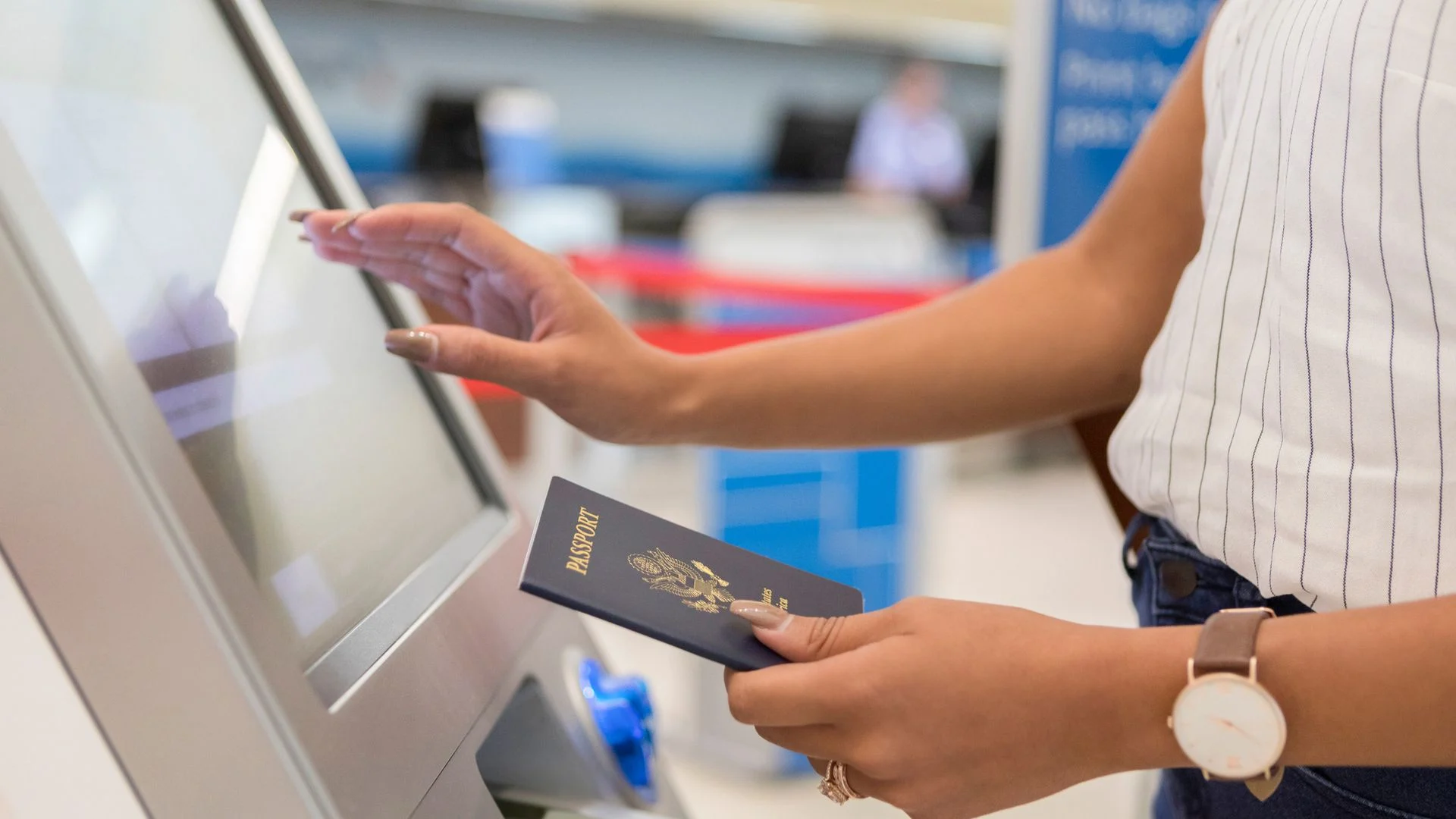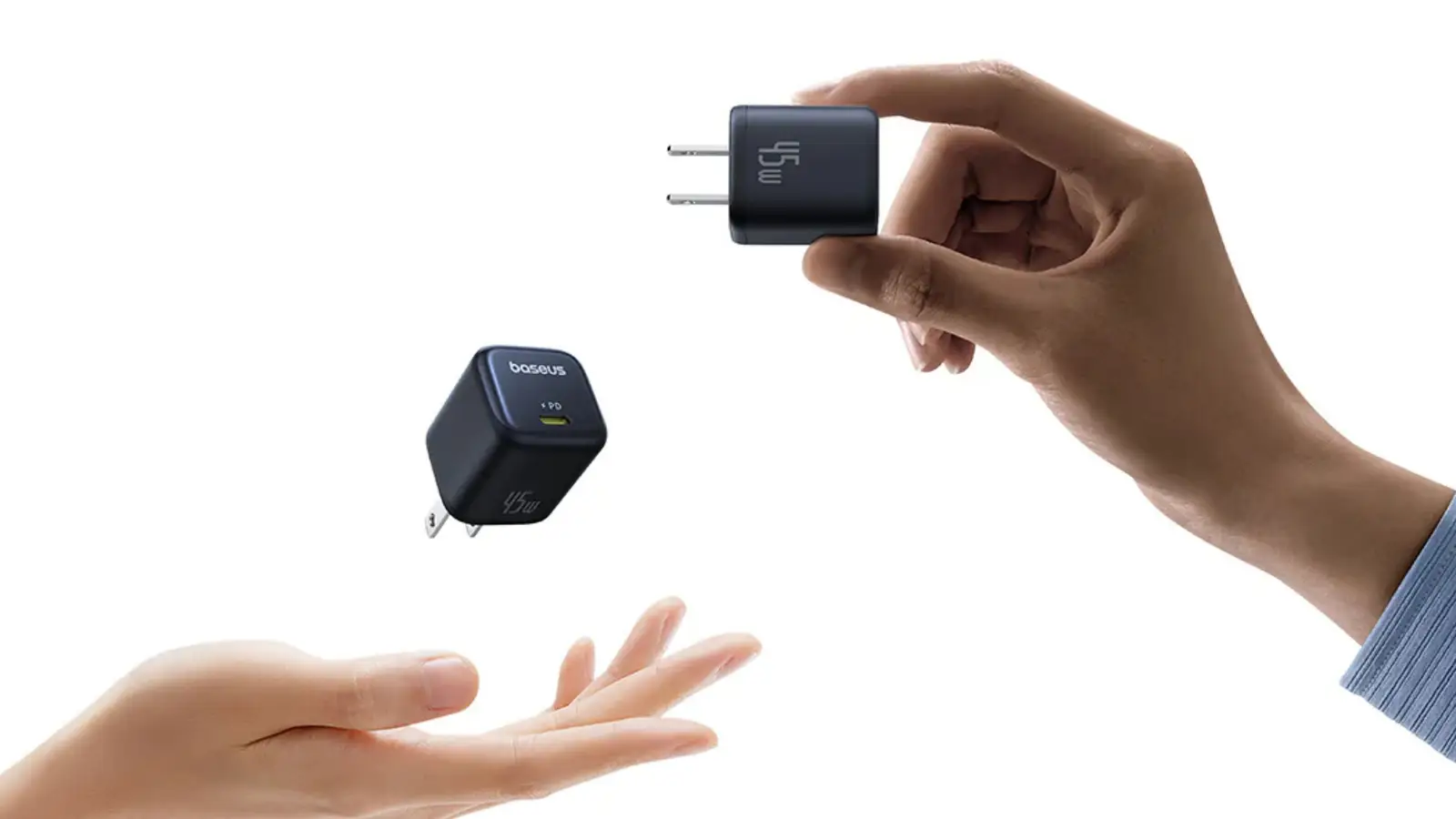By Francesca Shillcock
Copyright hellomagazine

Travelling is a privilege and one of the great joys of living, but show me one person who has never found it at least a little bit stressful and I’ll show you a fibber. From double-checking baggage weight and diameters to ensuring you have the correct documents, not to mention battling a seemingly never-ending queue at those e-gates when all you want to do is get home after a lengthy flight, there are occasional times when travelling feels like a drag. And, for better or worse, new rules and systems are coming our way in the near future for us jetsetters to get to grips with.
Whether it’s (delayed) changes to border controls and new ways of proving our identity, or handling our luggage, such as our liquids, those who travel over the coming months can expect things to look a little different the next time they venture to the airport.
The EES: October – April 2026
Earlier this year, the UK Government began requiring an Electronic Travel Authorisation (ETA) from EU, EEA (European Economic Area) and Swiss citizens to enter the UK for short stays without a visa. Despite the UK leaving the European Union in January 2020, UK citizens have not needed the same documentation to visit the EU/Schengen Area for up to 90 days.
However, one of the biggest impending changes, which is beginning in just a few weeks, is the delayed and much-discussed ‘entry-exit system’, otherwise known as EES. From 12 October for 190 days until 9 April, the new system will begin to be rolled out, and it will include UK citizens.
According to Travel expert Simon Calder, the aims of the new system are to identify suspected criminals, combat identity fraud, and police the 90 days in any 180 days limit that applies to UK nationals.
The new system will require fingerprint and facial biometrics from British travellers to Europe (as well as other “third-country nationals”) heading to Europe, which will be input into a central database.
The European Commission explains: “The EES system is the most modern digital border management system in the world. It’s an automated IT system for registering non-EU nationals who are travelling to the EU for a short stay.”
This basically means you’ll have extra measures to go through when you take your annual holiday to mainland Europe, rather than the current “outdated” measure of standing in line for your passport to be stamped. It won’t be an overnight change as of 12 October, just 10 per cent of frontiers posts will be using the new system at that point, and it’s not mandatory for the first 60 days.
But by April, the European Commission aims to have completed the roll-out of the EES. Only when it is running flawlessly across Europe will passport stamps cease.
The European Travel Information and Authorisation System (ETIAS)
Once the EES is effectively in place, there will be another system for us to get our heads around, the European Travel Information and Authorisation System (ETIAS).
This isn’t coming into place until October 2026, Simon explained in his report in The Independent. Like the EES, it will begin to be rolled out on a temporary, non-mandatory basis and will come with a “six-month grace period” for travellers who fail to get one.
Put simply, it’ll work similarly to the US ESTA scheme. It’ll require travellers to apply via online forms and pay a small price (currently stated at £17) to gain an ETIAS. Simon notes that while you won’t legally need one straight away, you might not be allowed on the plane if you don’t have one – meaning that airlines may take their own approach to rules in the interim, so it’s wise to invest in one when the time comes.
Going through security
While strolling through London Heathrow in February 2024, I was delightfully surprised to be told that I no longer needed to take any electrical device out of my bag, nor did I need to worry about the liquids in my bag consisting of more than 100 millilitres. However, as smooth as this experience was, it was just a trial period that proved to be more difficult than straightforward for airports.
Now, only airports in Edinburgh and Birmingham allow passengers to take containers of up to two litres through security. The transport secretary, Heidi Alexander, explained to The Guardian that all travellers should assume the 100ml rule “unless you have heard from your airport otherwise.” However, new scanners at some airports (including Gatwick) mean that you do not need to remove your phone/laptop/Kindle/iPad from your bag before putting it through the scanners, so there’s that at least.



